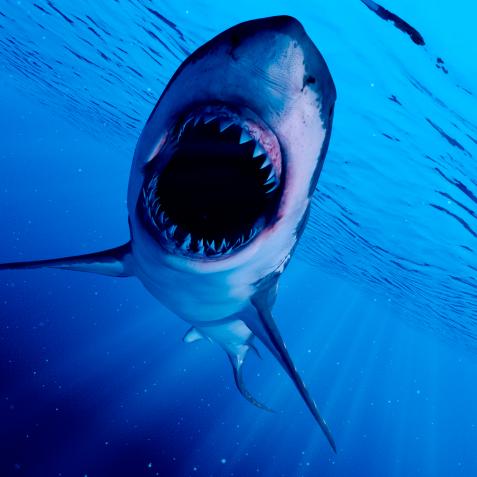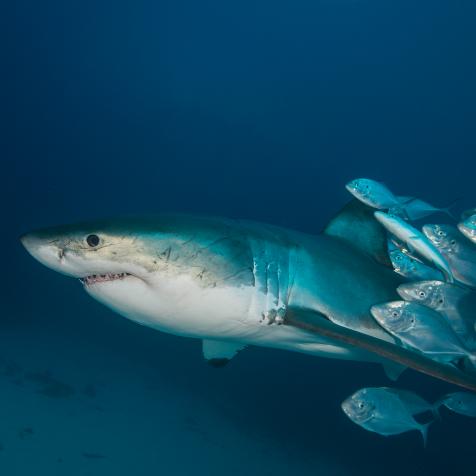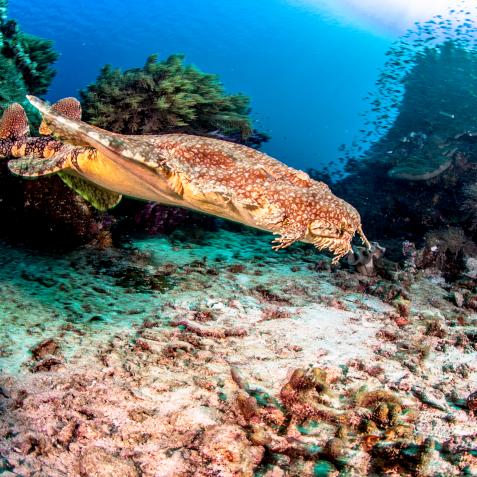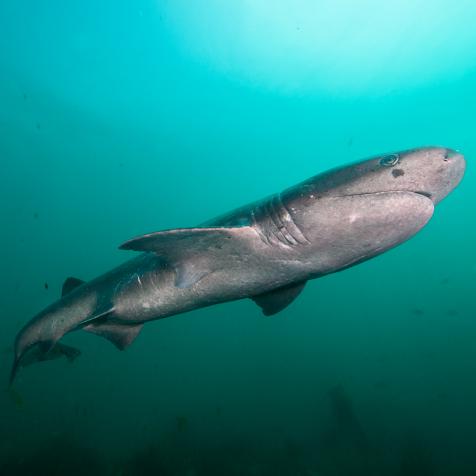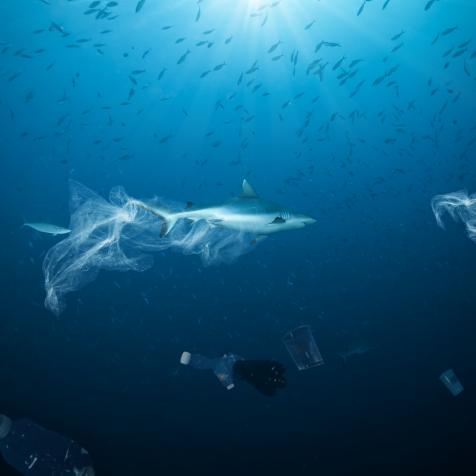
LukaTDB
Baby Sharks are in Hot Water
Climate change impacts everything. From rising ocean levels to record-breaking wildfires, we can see the changes occurring with our own eyes. One of the most resilient species of all time is the shark. Warming waters are challenging their ability to adapt, and one of the signs of the times is smaller baby sharks that are having a hard time surviving.
A study out of the New England Aquarium in Boston, Massachusetts, focuses on the Epaulette shark and their newly born pups. Native to the warm waters near Australia and New Guinea, this small species of shark is very interesting and adaptive. But all the evolutionary adaptive behaviors don't take these sharks out of harms way. This study concluded that warming waters are speeding up the gestation period of these sharks, meaning that their eggs are hatching a bit too quickly. This puts the shark pups in imminent danger once they emerge from their pods.
Marine scientist and SHARK WEEK contributor Lauren Benoit weighed in on this issue, plaguing young sharks in our warming waters. "Studies have found that warmer waters caused sharks to give birth faster and as a result the premature pups were smaller and lacked energy." Lauren continued discussing the real impact of climate change on all sharks. "The problem is that the water is warming so rapidly that these sharks may not have enough time to adapt. The same goes for their prey, who are also trying to cope with the changing environment. Some species may be able to change their migration patterns to follow the colder water."
The danger is clear and present. The smaller the young, the less likely they are to weather the storm of the seas to maturity. Lauren explains what we are looking at long-term: "If these animals are born too soon, then the conditions they need to survive may not be present. Overtime, if some of the babies survive and are able to adapt to these temperatures, then future generations will be able to withstand the warmer environment."
The warming conditions of the planet can be fairly obvious, and it is something that will continue to plague everything living on Earth. Lauren helps us understand why we need to try and halt and reverse the impact of global warming from a shark's perspective: "Overall, most sharks are cold-blooded and are very sensitive to temperature. As global ocean temperatures warm, it will become dangerous for shark populations.
For more about sharks, stream your favorite #SharkWeek shows on discovery+. Download and subscribe now!









